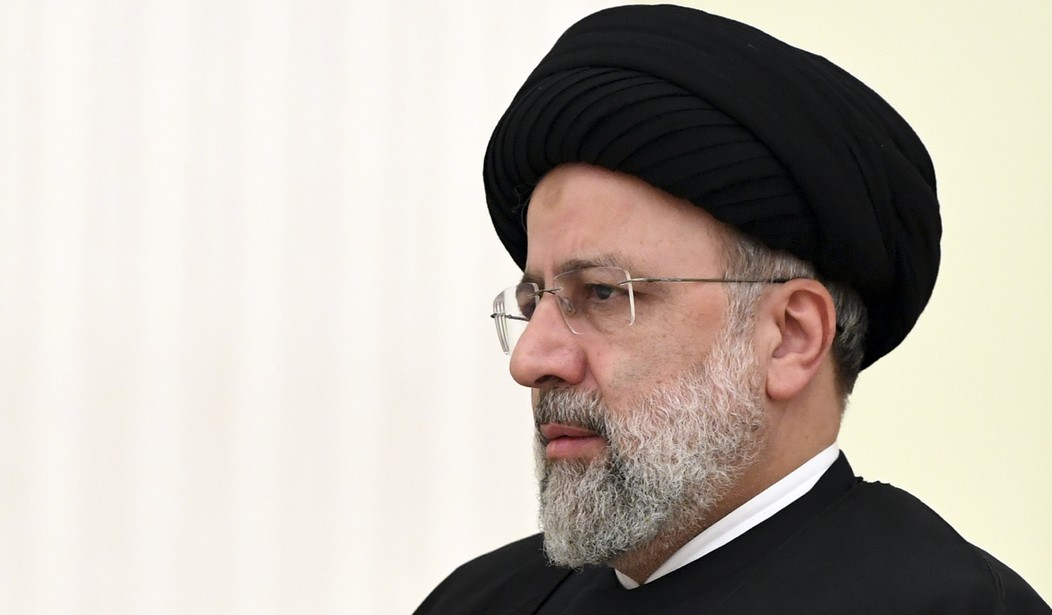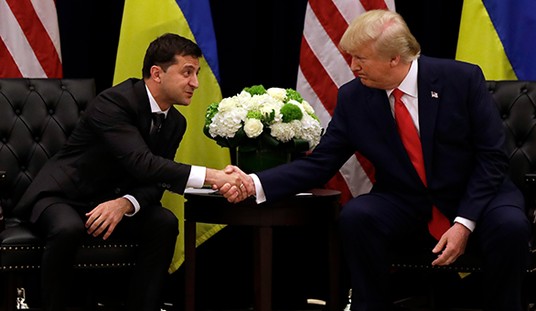Iran’s backing for Hamas and their deadly terrorist attack on Israel has deep roots. Exploiting the Palestinian issue has long been a strategic ploy of the Iranian regime. Over the years, Iran's approach has consistently been to sow division and spread Islamic fundamentalism among the Palestinian people, effectively undermining the mainstream Palestinian leadership that is committed to peace and a two-state solution. Hamas was founded in Gaza in 1987. It was an offshoot of the Muslim Brotherhood in Egypt, whose candidate Mohamed Morsi won the June 2012 Egyptian presidential elections, but was overthrown within a year after mass protests. Morsi and most of the Brotherhood’s leadership were imprisoned in Egypt and the organization was designated as a terrorist group and its assets were seized.
Inspired by the Brotherhood, Hamas published a charter in 1988 defining itself as an Islamic national liberation and resistance movement with a policy of establishing an Islamic State in Palestine. Hamas differs from the Palestine Liberation Organisation (PLO) in that it rejects negotiations with Israel and advocates armed resistance. Hamas took control of the Gaza Strip in 2006, defeating its rival Fatah in elections, and has maintained this position ever since. The relationship between Iran and Hamas began in the early 1990s, a few years after Hamas was founded. Iran sees support for Hamas as a means of challenging Israel and extending its influence in the region. Over time, Iran has provided significant financial support to Hamas, particularly after it took power in Gaza in 2006. Iran's aid enabled Hamas to develop its own weapons, with Khaled Mashal, the former head of its political bureau, describing Hamas as "the spiritual son of (Ayatollah) Khomeini," the founder of Iran's Islamic revolution.When Hamas won the Palestinian legislative elections in the Gaza Strip in 2006, the Iranian regime increased its support, providing funding, rockets, drones and anti-tank missiles, as well as training and technical assistance through its Islamic Revolutionary Guards Corps (IRGC) elite Quds Force, responsible for foreign operations.
Iran's support for Hamas has continued to strengthen, particularly in the period from 2015 to 2018, which was characterized by the growing threat from Israel and Hamas's increased reliance on Iranian sponsorship. The potency of the relationship was further evidenced by Iran's increased presence in Gaza through proxies such as Islamic Jihad. Some of the fighters involved in the recent terrorist assault on Israel led by Hamas militants belonged to Islamic Jihad, the second-most powerful Palestinian militant group operating in the Gaza Strip with backing from Iran. Like Hamas, Islamic Jihad is also designated as a terrorist group, blacklisted by the UK, EU and US.
Recommended
The closeness of the relationship was amplified in August 2021, when the Hamas leader - Ismail Haniyeh and his team, were invited to attend the inauguration of President Ebrahim Raisi in Tehran. Raisi, dubbed ‘The Butcher of Tehran’ for his notorious role as an executioner during the 1988 massacre of more than 30,000 political prisoners, ensured that the Hamas delegation was met at the airport and seated in the front row during the ceremony. During a series of high-level meetings following the inauguration, Hamas confirmed its unwavering support for the ‘axis of resistance’ against Israel and for the Iranian regime’s proxy wars in Yemen, Iraq, Syria and Lebanon. Since then, there has been an increasing flow of rockets, anti-tank missiles and other sophisticated weaponry, smuggled into Gaza through tunnels from Egypt, some of which are large enough to be fitted with rail tracks, and from ships docking in Gaza’s ports.
Iran has also provided huge financial support to Hamas, both directly and indirectly. Direct funding includes cash payments to Hamas’ operatives and officials, as well as specific operations. Indirect funding includes the provision of goods and services, such as medical supplies and construction materials, which Hamas can sell or trade for income. The funding has increased to hundreds of millions of dollars annually. Last year, the Hamas leader, Ismail Haniyeh, told Al-Jazeera TV that Iran had funded its “deterrent forces” against Israel and had helped to build “attack tunnels” to be used to surprise the Israelis. But it must be remembered that the Iranian people do not support the regime’s massive spending on proxy wars and militias like Hamas, Islamic Jihad and Hezbollah, across the Middle East. With a collapsing economy and widespread poverty, the recent nationwide uprising in Iran has been marked by protesters chanting slogans decrying financial aid to groups like Hamas, highlighting the deep gulf between the mullahs’ regime and the public it is supposed to serve.
Hamas militants share a philosophy of hatred. They are misogynists. They hate the Jews. They hate Christians. They hate atheists. They hate alcohol, music and Western freedoms. These pet hates manifested themselves in a frenzy of brutality and murder, when they attacked young party goers attending the Supernova music festival at the Re’im Kibbutz, just three miles from the border with Gaza. The all-night, alcohol-fueled party would have represented the embodiment of all of the militants’ warped prejudices, unleashing a bloodbath of mass slaughter and butchery.
As the crisis unfolds and retaliation by the Israeli military escalates, killing hundreds of Palestinian militants and civilians, there is only one winner likely to emerge from the conflict….Iran. Already Saudi Arabia, a signatory to the Abraham Accords that sought rapprochement with Israel, has put the plans to normalize relations with Tel Aviv on ice. This will be seen as a great victory in Tehran. Pulverising Gaza will only create a new generation of Hamas terrorists. As Naftali Bennett, the former prime minister of Israel once said, there is no use in struggling against the tentacles of the Iranian regime that encircle Israel. Better to strike at the head of the octopus in Tehran. Seventy five million Iranians want rid of the mullahs’ regime. We should support them.
Struan Stevenson represented Scotland in the European Parliament from 1999 to 2014. He was President of the Parliament's Delegation for Relations with Iraq (2009-14) and chairman of the Friends of a Free Iran Intergroup (2004-14). Struan is also Chair of the ‘In Search of Justice’ (ISJ) committee on the protection of political freedoms in Iran. He is the Coordinator of the Campaign for Iran Change (CiC). He is an international lecturer on the Middle East and is also president of the European Iraqi Freedom Association (EIFA). His latest book is entitled ‘Dictatorship and Revolution. Iran - A Contemporary History.’

























Join the conversation as a VIP Member